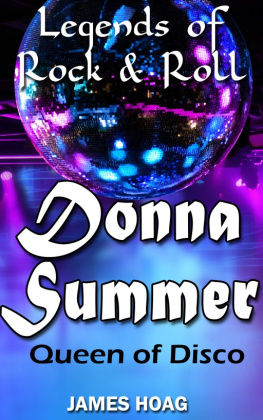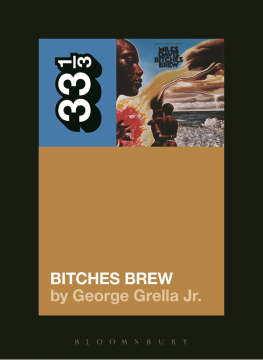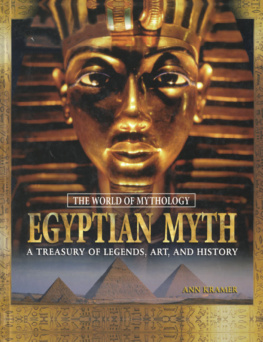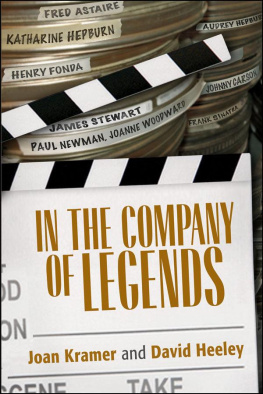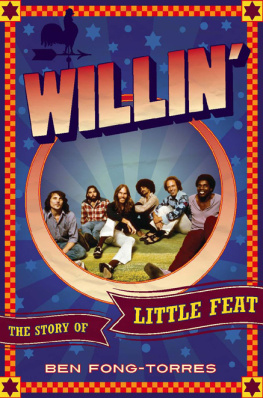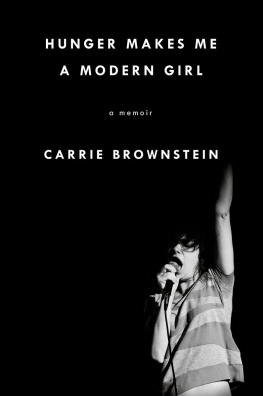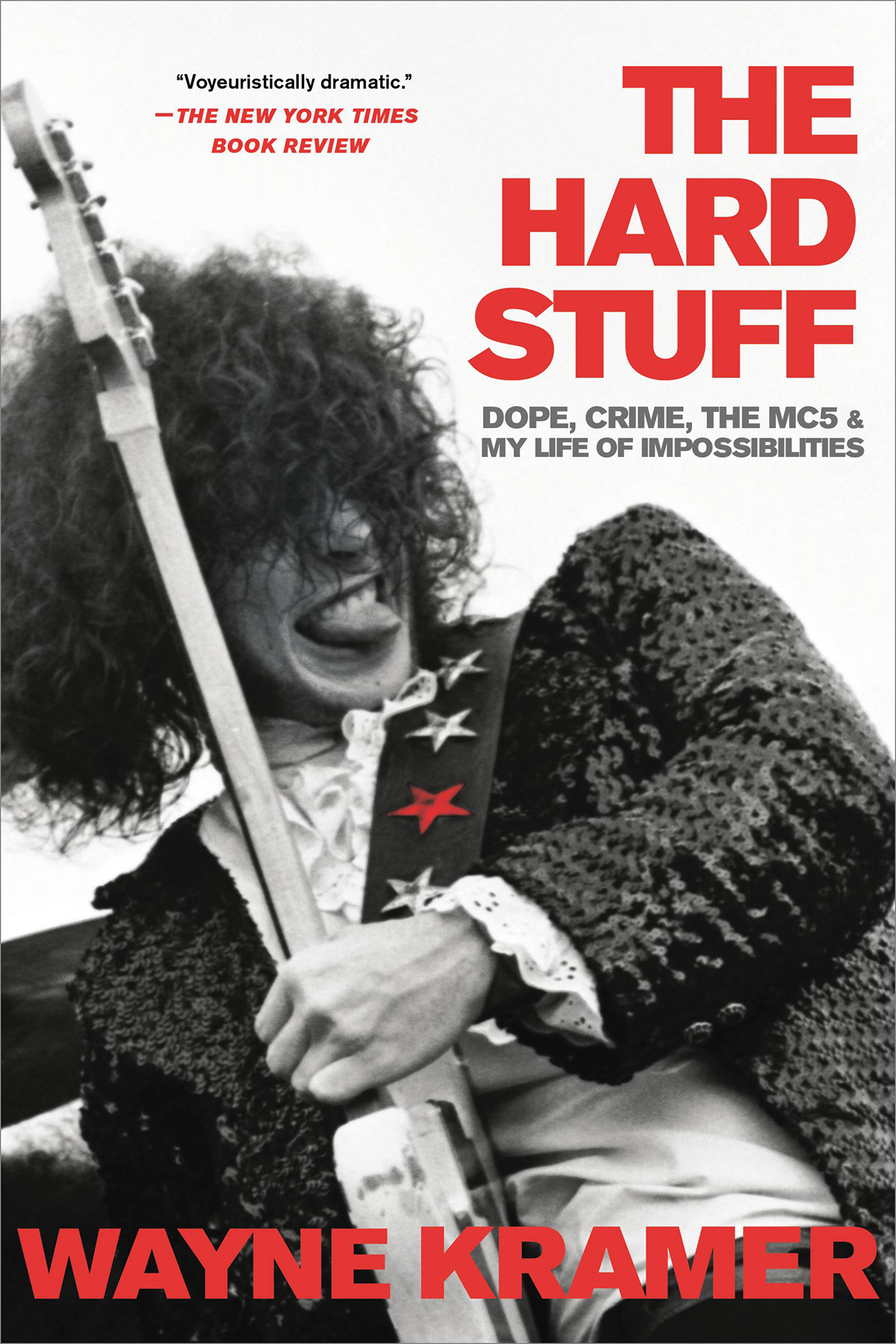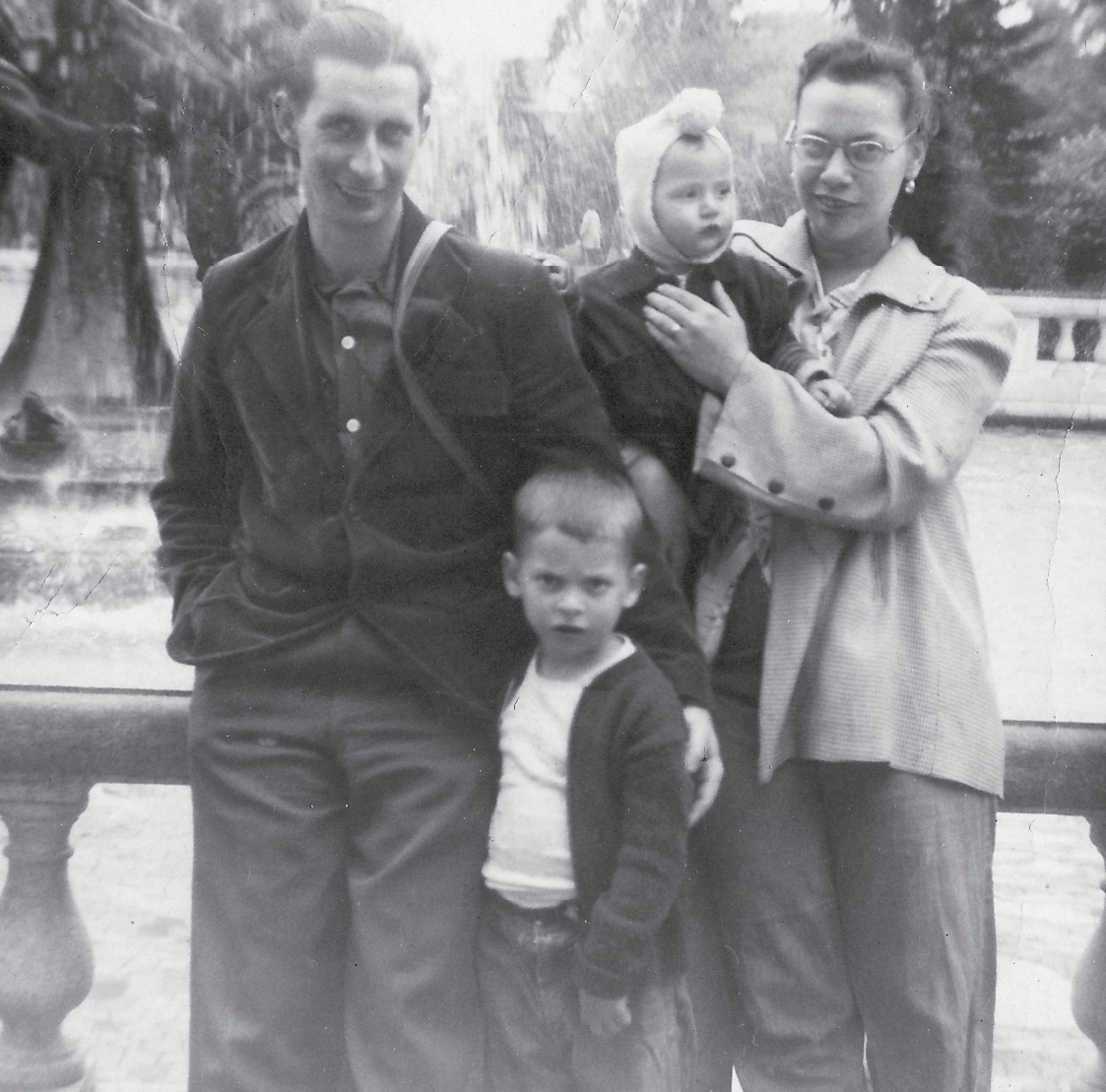Copyright 2018 by Wayne Kramer
Cover photograph by Mike Barich
Cover copyright 2020 by Hachette Book Group, Inc.
Hachette Book Group supports the right to free expression and the value of copyright. The purpose of copyright is to encourage writers and artists to produce the creative works that enrich our culture.
The scanning, uploading, and distribution of this book without permission is a theft of the authors intellectual property. If you would like permission to use material from the book (other than for review purposes), please contact permissions@hbgusa.com. Thank you for your support of the authors rights.
Hachette Books
Hachette Book Group
1290 Avenue of the Americas
New York, NY 10104
HachetteBooks.com
Twitter.com/HachetteBooks
Instagram.com/HachetteBooks
First trade paperback edition: July 2020
Published by Hachette Books, an imprint of Perseus Books, LLC, a subsidiary of Hachette Book Group, Inc. The Hachette Books name and logo is a trademark of the Hachette Book Group.
The Hachette Speakers Bureau provides a wide range of authors for speaking events.
To find out more, go to www.hachettespeakersbureau.com or call (866) 376-6591.
The publisher is not responsible for websites (or their content) that are not owned by the publisher.
Editorial production by Christine Marra, Marrathon Production Services.
www.marrathoneditorial.org
Library of Congress Cataloging-in-Publication Data has been applied for.
ISBNs: 9780306921544 (hardcover); 9780306921520 (paperback); 9780306921537 (ebook)
E3-20210319-JV-PC-REV
J UNE 1, 2018
5:30 AM
L OS A NGELES , CA
My final contribution to this memoir is this dedication.
Im trying to get it done before my family wakes up and the wonderful chaos of our life begins again. My wife and son have become the center of my universe. We are like the nucleus of an atom, spinning around each other and holding on to what we have together. A force of nature.
To my darling son, Francis; I wrote this book so you would know the road I have traveled to get to you. The world will soon be yours. Take good care of it and take good care of yourself.
To my beloved wife, Margaret; you are the one from whom all good things flow. Without you I would not have this abundant life. I will be eternally grateful for your love, encouragement, belief, and kindness. With you and Francis I am, indeed, a fortunate man.
Happy the youth who believes that his duty is to remake the world and bring it more in accord with virtue and justice, more in accord with his own heart. Woe to whoever commences his life without lunacy.
NIKOS KAZANTZAKIS, Report to Greco
The Belle Isle police riot of April 30, 1967, was the first riot I ever played. It was on my birthday; I was 19 years old. The hippie movement had arrived in Detroit that spring, and since the MC5 was a band on the cutting edge of the counterculture, it was only natural that wed play the motor citys first Love-in.
Belle Isle is a delightful city park in the middle of the Detroit River. The day had progressed peacefully enough, with pot smoking and acid tripping and freaks of all stripes carrying on. When we took the stage, which was in a gazebo near a wooded area of the park, it was the peak of the afternoon and everything was going great. The crowd was pure Detroit, black and white, friends and strangers, and they all moved in close to see the MC5. I resorted to my technique of brushing the crowd back by looking the other way and then crashing into them, as if I was so caught up in the moment that I didnt know what I was doing. It worked like a charmmake some room, motherfuckers, Im doing a show here! Everyone was having fun, and I enjoyed myself immensely.
The sun went down, and the Detroit Police Department decided we werent clearing out quickly enough. There was a small confrontation with some drunken Outlaw bikers, and the police threw down on them. The bikers fought back, and the crowd backed away from the mayhem.
Police reinforcements arrived and started bum-rushing everyone off of Belle Isle. We were just getting ready to leave as the cops got into position. They had probably been rehearsing their lockstep, and were overjoyed to have a chance to use itnot that anyone there posed a threat. This wasnt a cadre of highly trained Marxist revolutionaries; we were a bunch of regular folks, stoned-out weirdos and Budweiser-buzzed factory rats, simply enjoying a free concert.
At first, it was a game. When the police line came forward, everyone shrieked and laughed and ran away. But when the first heads got busted, the humor abruptly dissipated. The cops violence was outrageously out of proportion to the situation. They seemed to enjoy their total dominance over the crowd. They were sadistic.
Wanting to save our gear from being smashed, I hopped into an open-bed pickup truck with some of the instruments. Michael and Fred piled in with me. We drove slowly toward the only bridge off the island, where, to our surprise, a police roadblock had stopped traffic. The sun had gone down, and it was now dark. It was then that the mounted police arrived.
The mounted cops took a galloping start on people who were running away, and clubbed them like they were playing polo. Giddyup! Whack! Pow! Score! Women were screaming, blood was gushing, men were cursing at the cops. The trees were backlit by police headlights and spotlights. Everywhere I looked, another horrific scene was going down like some unholy Chinese shadow puppet show. After traffic started backing up on the bridge, the police finally let us drive off the island.
WE FINALLY GOT BACK to our headquarters at the Artists Workshop, and started putting out calls for help. I made inquiries to hospitals and jails as to the whereabouts of my sister Kathi and our other missing friends. I was outraged at what had just gone down. The line had been crossed; never again would I believe the myth that the police were there to protect and serve.
Later that summer, this became even clearer when the Detroit Police Department enacted one of the worst outbreaks of police violence in American history. It wasnt black people killing white people, any more than it was black people killing cops. It was the police who were doing the killing.
My mother was a pragmatist. Of French ancestry, she was born in Detroit on November 15, 1927. Family lore has it that her mothers parents owned property in Paris, but immigrated to Sarnia, Ontario, just north of Detroit. They relocated to the Motor City between the world wars because my grandfather Max was a bricklayer, and there was a lot of new building going on there.
In the 40s and 50s, Mable Evelyn Dyell was a real looker. She was a natural brunette, but dyed her hair blond, and had a great figure. Marilyn Monroe was the ideal, and Mable came close with her voluptuous hips, full lips, and platinum hair set in the latest styles. She understood her sexual power, and had a sly grin and wink of the eye that made you feel like you were the most important person in the world.
But she was also tough. She told me that when she was young, her father abused her, and she wouldnt let anyone abuse her ever again.
Once, later in her life when she was semiretired and living in Florida, a friends enraged husband came into her beauty shop and threatened her with a pistol. She looked him straight in the eye, and told him to put the gun away before she stuck it up his ass. He did. She was fearless, and also exceedingly lucky that the guy wasnt crazy enough to shoot her.


